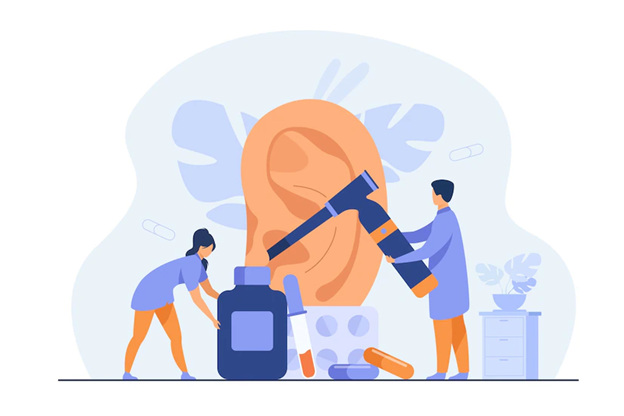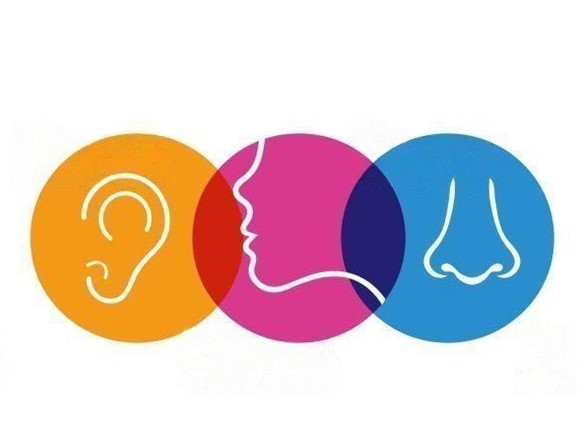5 Warning Signs That You May Have an Ear Disorder

Our hearing is responsible for our balance, communicating, and identifying or relating to our surroundings.
Any abnormality that our hearing suffers can very much damage our quality of life. Most of us take our sense of hearing for granted. We don’t think twice about it until we start to experience problems.
Even then, we often chalk it up to old age or a temporary condition that will go away on its own. However, certain symptoms warrant a trip to the ENT clinic.
ENT Clinics
ENT clinics treat a wide range of ear disorders that can cause symptoms such as hearing loss, tinnitus, vertigo, muffled sounds, and pain.
If you experience any of these symptoms, it is important to seek medical attention so that an accurate diagnosis can be made and proper treatment can be administered. So what are these signs or symptoms we must look out for and how do we identify them?
Signs and Symptoms of Ear Disorders
1. Hearing loss
If you find yourself asking people to repeat themselves more often than usual, it could be a sign of hearing loss.
It is the most common symptom of an ear disorder. Age-related hearing loss is common, but other conditions can cause it as well. It can be caused by many different factors, including exposure to loud noises, viral infections, ear wax blockage, and certain medications.
If you experience hearing loss, you may have difficulty understanding speech, especially in noisy environments.
You may also find yourself turning up the volume on music or the television more often than usual.
Hearing loss can make it difficult to follow conversations, enjoy music, or hear warning signals.
If you suspect that you have hearing loss or notice a sudden change in your hearing, it’s best to seek medical attention as soon as possible, and contact an ENT clinic for a hearing test.
2. Tinnitus
Despite how its name sounds, it is actually a symptom rather than a disease.
Tinnitus (or ringing in the ears) is the perception of sound when there is no corresponding external source.
It can be caused by a variety of things, including hearing loss, exposure to loud noises, head trauma, stress, anxiety, earwax buildup, medication side effects, and aging.
This particular symptom can be either constant or intermittent, and it can vary in intensity. You might also hear ringing, buzzing, whooshing, or clicking sounds.
If you experience tinnitus, it is important to seek medical attention so that an underlying condition can be ruled out.
3. Vertigo
When you feel that you’re in motion, experiencing spinning or swaying even when you are standing still, you might have vertigo.
Vertigo is a feeling of dizziness and loss of balance. It is a common symptom of inner ear disorders such as Meniere’s disease and vestibular neuritis.
Vertigo can also be caused by head injuries and migraines. If you’re experiencing vertigo, don’t hesitate to seek medical help so that you can get back to your life as soon as possible.
4. Pain
Pain is another common symptom of ear disorders. It can be caused by many different factors, such as infections, inflammation, allergies, and tumors.
If you experience pain in your ears, it is important to seek medical attention so that an underlying condition can be treated.
5. Muffled sounds
If sounds seem muffled or you have difficulty understanding speech, it could be a sign of an ear infection or damage to your eardrum.
Muffled sounds are another common symptom of ear disorders. They are often caused by blockages in the outer or middle ear, such as earwax buildup of fluid in the ears.
Muffled sounds can also be caused by problems with the eardrum or inner ear. This is especially true if the symptoms are accompanied by pain or discharge from your ear.
Final Thoughts:
Any abnormality in the function or structure of our ears can disrupt our sense of hearing and adversely affect our quality of life.
ENT clinics offer a wide range of treatments for various ear disorders. If you have earwax buildup and need to remove the blockage safely, visit any earwax removal clinic near your home.
It is important to seek medical attention if you are experiencing any of the above ear disorder symptoms. Don’t let your quality of life suffer – make an appointment at an ENT clinic today. The sooner you see a doctor, the sooner you can get relief and get back to enjoying your life!
…5 Warning Signs That You May Have an Ear Disorder Read More »



